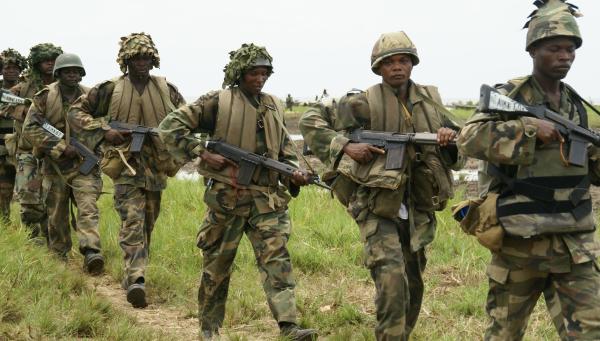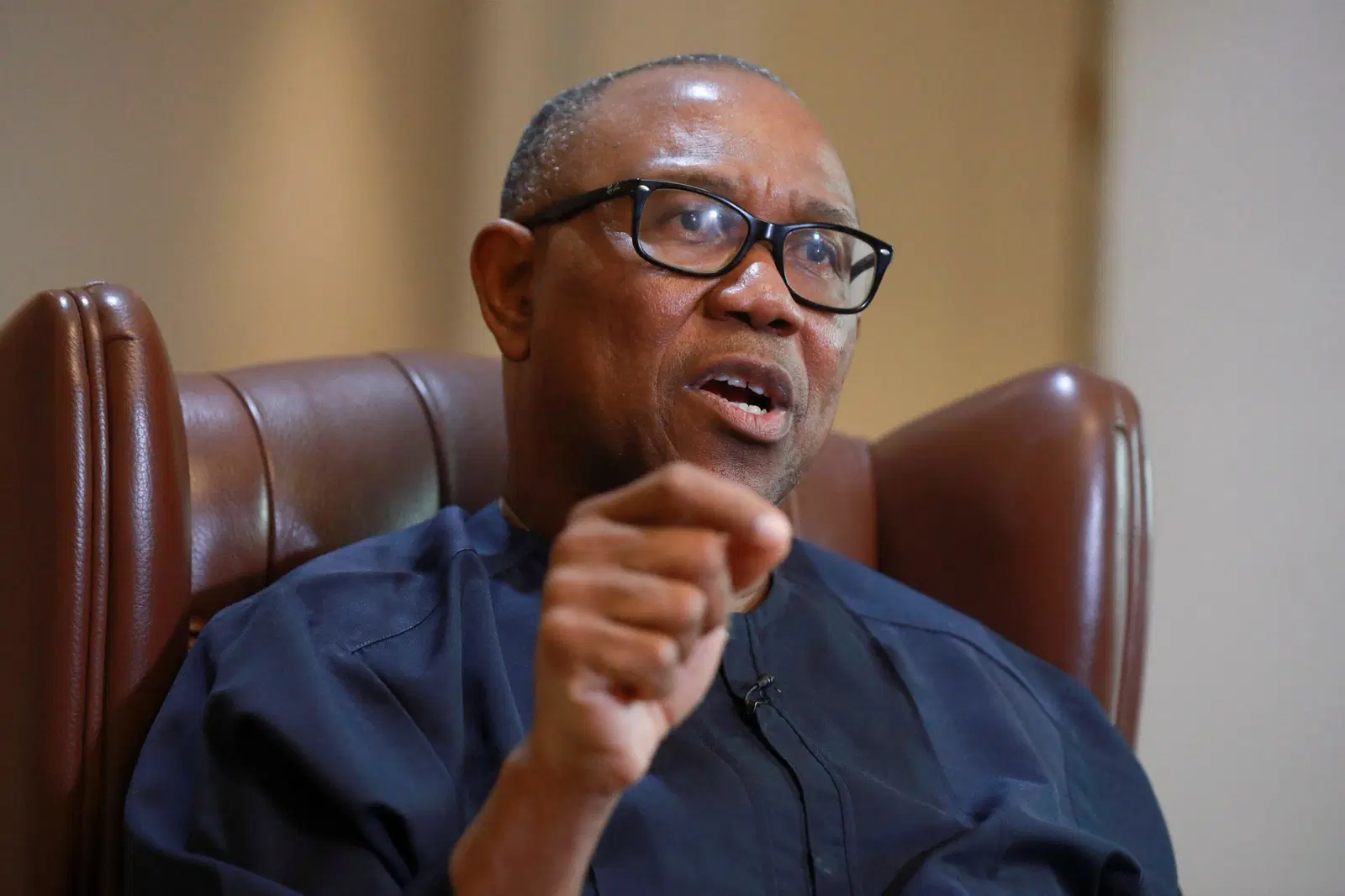
The Minister of Defence, Mohammed Abubakar, has reacted to claims by the House of Representatives that terrorists carrying out attacks in the country possess superior weaponry compared to the Nigerian Armed Forces.
Speaking during a ministerial briefing in Abuja on Wednesday, the minister described such claims as “absolutely not true,” insisting that the military was better equipped both in terms of arms and technology.
“This ministry is a very interesting one because it affects the lives of everyone. Yesterday, the House of Representatives said that terrorists have better weapons than we do. That is absolutely not true. We have much more sophisticated equipment and drones,” he said.
He explained that the nature of terrorism in the country is not a conventional war but rather guerrilla warfare, which requires different tactical approaches.
“This war is not a conventional one; it’s more like guerrilla warfare. They monitor us, they have informants within the communities we are trying to protect, and they strike unexpectedly.
“Our surveillance cannot cover every area at once, but that doesn’t mean they are better armed. We are more advanced in terms of equipment, and that’s why we’ve recorded successes,” he said.
His comments came in response to the House of Representatives’ concerns raised on Tuesday over the resurgence of terrorist attacks, particularly in the North-East.
The lawmakers had cited a deadly ambush on a military facility in Giwa, Borno State, as evidence that insurgents might be more heavily armed than government troops.
They expressed worry over the increasing threat posed by Boko Haram and ISWAP, especially in Borno and Yobe States.
Also responding to suggestions that terrorists may be using armed drones, the minister dismissed such claims, saying what had been seen so far were improvised civilian drones.
“From what we’ve gathered so far, they don’t have armed drones. What we’ve seen are basic, commercial drones modified by tying explosives to them—improvised devices. These are not sophisticated or military-grade drones with strategic targeting capabilities,” Badaru clarified.
He added that the government was strengthening intelligence gathering and had made several arrests of arms traffickers in collaboration with the National Security Adviser.
“We are beefing up our intelligence both nationally and internationally. We are also working closely with global partners to trace sources of illicit arms and shut them down. This includes monitoring the use of civilian drones more closely,” he added.
The Senate had on Tuesday resolved to convene a two-day national security summit in Abuja.
An ad hoc committee was tasked with organising the summit, which will involve federal, state, and local governments, traditional institutions, and other key stakeholders.
Although some lawmakers questioned the value of another summit, citing past efforts that failed to produce tangible results, the motion was passed.
The Senate President, Godswill Akpabio, directed the committee to begin preparations immediately.
The summit is expected to focus on emerging security threats, intelligence sharing, community-based models, and drafting a National Security Action Document to guide reforms.
Reacting to the planned summits by both legislative chambers, the defence minister welcomed the idea but noted that concrete strategies remained the most critical component.
“Summits are helpful, but what’s more important is the implementation of strategies that address the root causes and changing dynamics of insecurity,” he added.






















